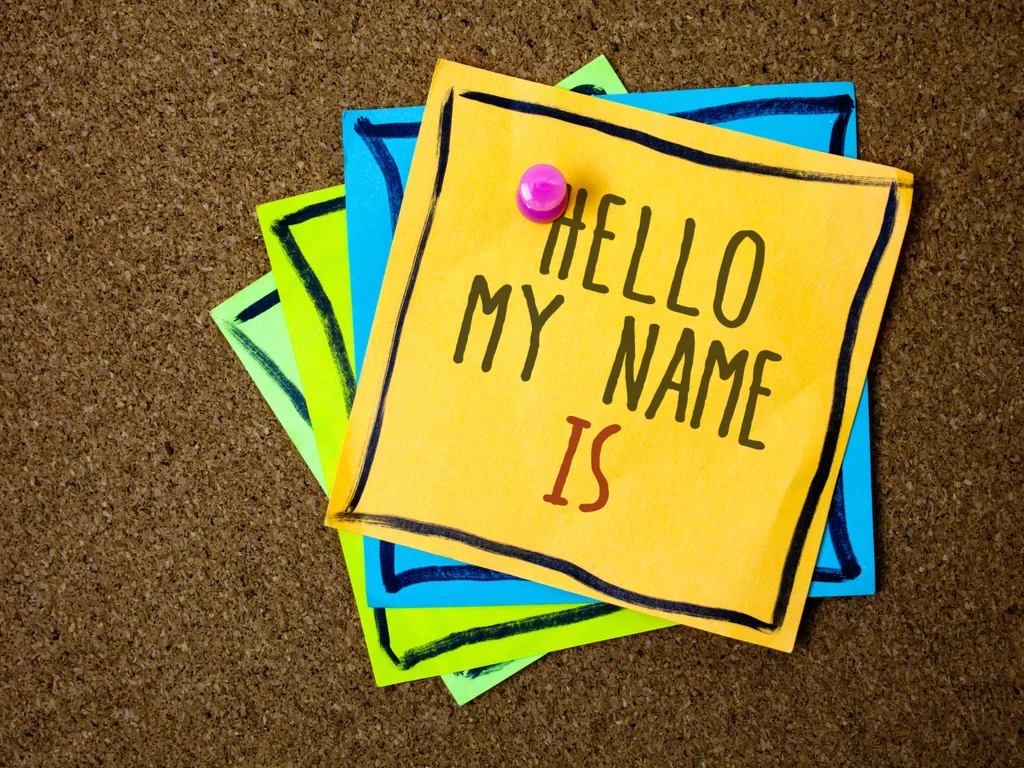
Selecting a name for a child is a very important moment in the lives of young parents. Many parents want their children’s names to be unique. Names are also a way of honoring another family member or proudly reminding a child of his or her ancestry, religion or ethnicity.
Unfortunately, some children who grow up as minorities in a community may receive negative attention for their exotic-sounding names. Names that are difficult to pronounce may lead children to want to shorten them, go by a nickname or change them altogether.
Ultimately, bullying should never stop a parent from giving his or her child a meaningful name. It is, however, important for parents to understand the biases their children may face in the world today.
The Effect of a Name that Sounds Low-Status
According to one study, every ethnicity associates certain letter combinations or prefixes in names as lower class or low status. For instance, a white middle-class family who names a child Alexandra is much more likely to use the traditional spelling, instead of Alekzandra. Middle-class African-American families are more likely to use the prefix “La” than “Sha,” because “La” is seen as more elite.
A child who is given a name that is considered lower class by others in a community may face difficult challenges in school. The same study found that the children’s teachers are more likely to suggest special education for them and less likely to recognize them as gifted.
The National Bureau of Economic Research also found that children with seemingly low-status spellings or prefixes do not perform as well on tests as their peers.
The Downsides of a Feminine-Sounding Name
While parents may want to give their sons unique names, it sometimes comes at a price. One study found that boys with feminine-sounding names, such as Ashley, Shannon, Jamie and Courtney were more likely to have behavioral problems in middle school.
While there are many variables that affect a child’s behavior in school, negative behavior may be partially caused by teasing from other children. Interestingly, it is typically more acceptable for girls to have names that sound masculine. Some sociologists and researchers believe that females with masculine names are seen as strong or cool, whereas boys with feminine names are seen as weak or babyish.
The same study on names that sound low-status also found that a child’s name predicted what type of career he or she pursued in the future. If two sisters in a family both excelled at math, the sister with a more feminine-sounding name was more likely to gravitate toward humanities classes.
Her sister, with a more androgynous name, was more likely to stick with math and science. This may have been due to the stereotypes other children and adults placed on them.
How an Exotic-Sounding Name Can Affect Your Future
Unfortunately, implicit bias exists in the workplace and can affect your chances of receiving a job offer, or even an interview. In a recent study, applicants who had a white-sounding name received approximately one call or email for every 10 resumes they sent out.
Applicants with African-American names received one call or email for every 15 resumes they sent out. Thus, many employers implicitly associated race with lower productivity and less success.
The same experiment on labor market discrimination concluded that an applicant with a white-sounding name had the equivalent of eight more years of experience on his or her resume. According to another study, minority applicants combated the negative effect of their exotic-sounding names by excluding references to their race on their resumes. As a result, they were twice as likely to receive callbacks and interviews.
Giving Your Child a Celebrity Name
Children who are named after celebrities may face unique challenges in their lives. On the one hand, their parents wanted to give them a powerful name, one that had positive associations in today’s culture.
On the other hand, some children with celebrity names feel as though they are living in the shadows of an icon.
As an example, data from the Social Security Administration (SSA) states that there are at least 1,904 women with the name Beyonce in the U.S. Most of these women were given the name after the release of the first Destiny’s Child album in 1998. Some women with the name explained that they hated their name because of the attention it drew.
Other times, they found it created positive experiences because other people remembered their name more often. The more positive experiences those women had, the more likely it was that they appreciated their name.



